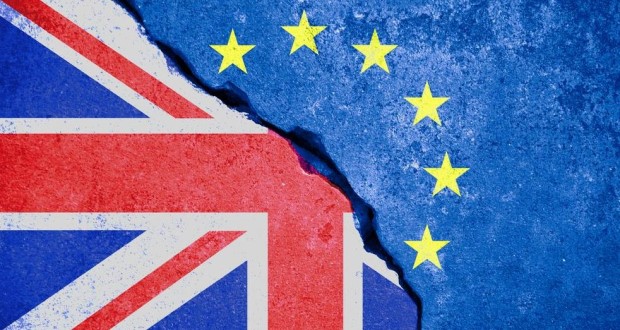A new post-Brexit border fee will trigger a rising cent and empty supermarket shelves, The London Economic reports.
From 30 April, importers will have to pay up to £145 to import small quantities of products such as cheese, salami and fish through the Port of Dover or Eurotunnel.
The fee is designed to cover the cost of operating border controls introduced after Brexit and will not apply to goods brought into the UK for personal use. However, importers have warned that the new levies could lead to higher prices for consumers.
Cold Chain Federation chief executive Phil Pluck said:
Ultimately, this will increase business costs and food prices and potentially lower choices for the shopper.
Mr. Pluck added that he was “extremely disappointed” that the fees were announced “at the last minute”, leaving little time for businesses to make the necessary changes. He said:
This is in no way helpful to UK-based importers and the whole EU supply chain. It reinforces the Government’s slapdash approach to a vital part of UK PLC.
James Barnes, chairman of the Horticultural Trades Association, said Wednesday’s announcement “confirms our fears that in just a month’s time the competitiveness of British horticulture will again suffer from increased costs without any material benefit”.
Adding that the policy “at best looks like it is designed on the back of an envelope”, Mr. Barnes warned that the levies would “undoubtedly increase costs” and increase the likelihood of empty supermarket shelves. Labour’s shadow minister Nick Thomas-Symonds said:
British shoppers and businesses already suffering with the Conservative cost-of-living crisis will – rightly – be deeply worried about prices being driven up yet again. Labour has warned about the impact of these measures and the potential for chaos with new border checks. With less than a month before their introduction, we know know what the costs will be. Labour has a plan to reduce costly bureaucracy, through seeking to negotiate a veterinary agreement with the EU to massively reduce the need for checks, helping make food cheaper and our businesses more competitive.
The charge will be levied for each type of imported product and will range from £10 to £29 depending on the level of risk. It will also be capped at £145 for mixed consignments.
A government spokesman said this was “within and at the lower end of the range we consulted industry on”. He added:
The charge is designed to recover the costs of operating our world-class border facilities where essential biosecurity checks will protect our food supply, farmers and environment against costly disease outbreaks entering the UK through the short straits. The charges follow extensive consultation with industry and a cap has been set specifically to help smaller businesses. We are committed to supporting businesses of all sizes and across all sectors as they adapt to new border checks and maintaining the smooth flow of imported goods.
Around a quarter of the UK’s food imports pass through Dover and the Channel Tunnel.
The introduction of border checks after Brexit was postponed several times due to fears that they could spur inflation, but they have been introduced since the beginning of this year.
